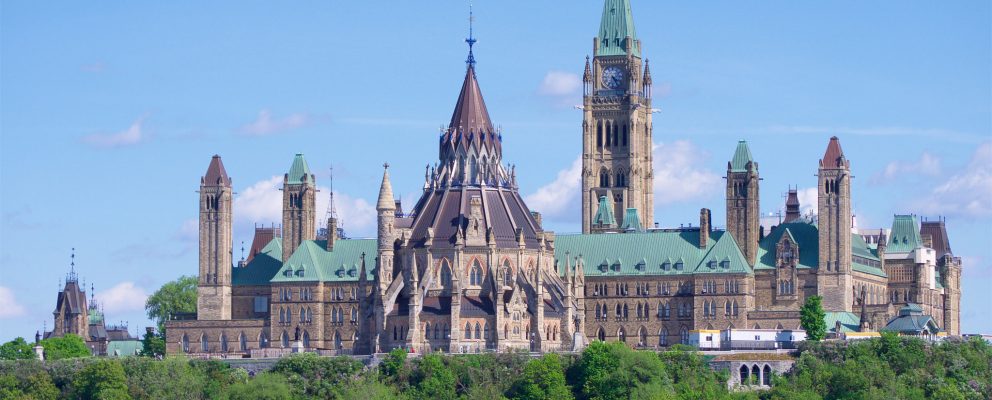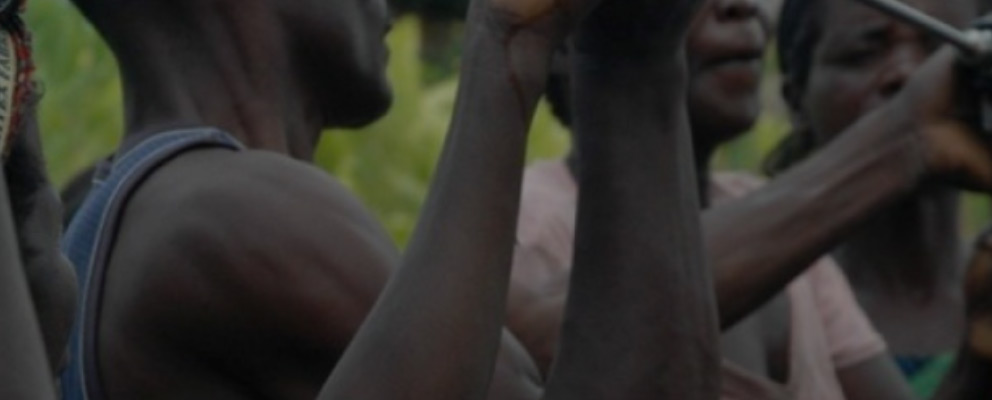
Budget Breakdown: What is (and isn’t) in the 2019 federal budget
Budget 2019 moved us forward – but not far enough
What happened
A couple of weeks ago, we asked Hello 2030 supporters, “what matters most to you in the 2019 federal budget?”
The federal budget is an annual plan for government spending and revenue, and sends strong signals about the government’s priorities for the year. The budget should also reflect what is important to Canadians.
According to our survey, the top three issues campaigners wanted the government to address in this year’s budget were:
- Climate change,
- Global cooperation and development, and
- Education.
So here’s our budget breakdown on what is (and isn’t) on the books.
Our take is that budget 2019 moved us forward – but not far enough to build an equal, sustainable and prosperous world for all by 2030.
Climate Change (SDG 13)
The big-ticket items on climate change are promoting zero-emission cars, energy efficiency, and innovation in the oil and gas industry.
This year’s budget includes incentives to increase the sale of electric cars; investments in much needed infrastructure, such as charging stations and parking; and voluntary targets for manufacturers to ensure the supply meets growing demand. It also includes investments in energy efficient infrastructure, and the development of cleaner technologies through the Clean Resource Innovation Network.
While all of these initiatives will help address pollution and climate-related concerns, they are incremental steps and ones that won’t address damage already done. In the absence of a carbon tax, it is unlikely these measures will significantly shift consumer or producer behaviours.
TL;DR The reality is that climate change is an urgent and existential threat, but it won’t be addressed by governments alone or in one federal budget. These small steps add up – let’s take bigger strides!
Global Development and Cooperation (SDG 17)
Building on budget 2018, which saw a $2 billion increase in Official Development Assistance (ODA) over 5 years, this budget announced $100 million in additional spending.
ODA is one of the important tools countries can use to build a more equal, sustainable and prosperous world for all. It provides crucial health, education and social services for people living in low-income countries, and helps to address the root causes of global poverty, inequality, and instability.
Unfortunately, Canada’s spending has flatlined at about 0.26 percent of Gross National Income (GNI) in recent years and the additional funding announced in budget 2018 and 2019 won’t make a substantial difference. Other donor countries spend 0.31 percent of GNI on average and several have reached the international target of 0.7 percent.
TL;DR While the any increase in ODA is welcome, what we see in budget 2019 is not enough, nor will it push the needle on global development and cooperation. Canada can and should provide more leadership in this area.
Education (SDG 4)
In education, the government seems to understand that globalization, the gig economy, and ever-changing technologies are having a huge impact on the Canadian workforce.
This budget includes a training benefit to support lifelong learning, and new provisions so employees can take time off for training. It also lowers interest rates for student loans, adds more assistance for students with disabilities and in vulnerable situations, and includes substantial investments in education for indigenous youth.
Budget 2019 creates opportunities for lifelong learning through training in Canada, but does not link domestic programs to opportunities in emerging markets. This is essential for Canada to thrive in a globalized world.
TL;DR Education is a fundamental human right and one Canada has committed to promoting via the Sustainable Development Goals. While we’re making needed investments at home, particularly in Indigenous communities, we need to invest in creating opportunities across the world that can benefit everyone.
What next?
While the government made some important commitments in budget 2019, it didn’t go as far as it could have to build an equal, sustainable and prosperous world for all. Luckily, we have a federal election coming up, and politicians are listening.
Take another step toward making the vision of Hello 2030 a reality – send an email to Finance Minister Bill Morneau and make your voice heard!
